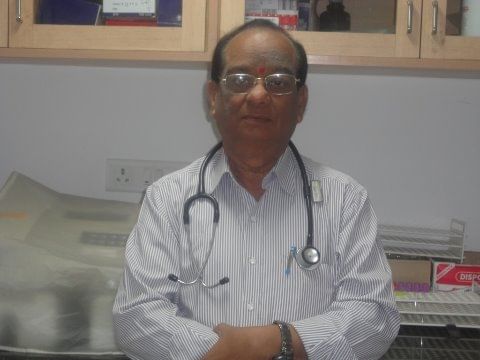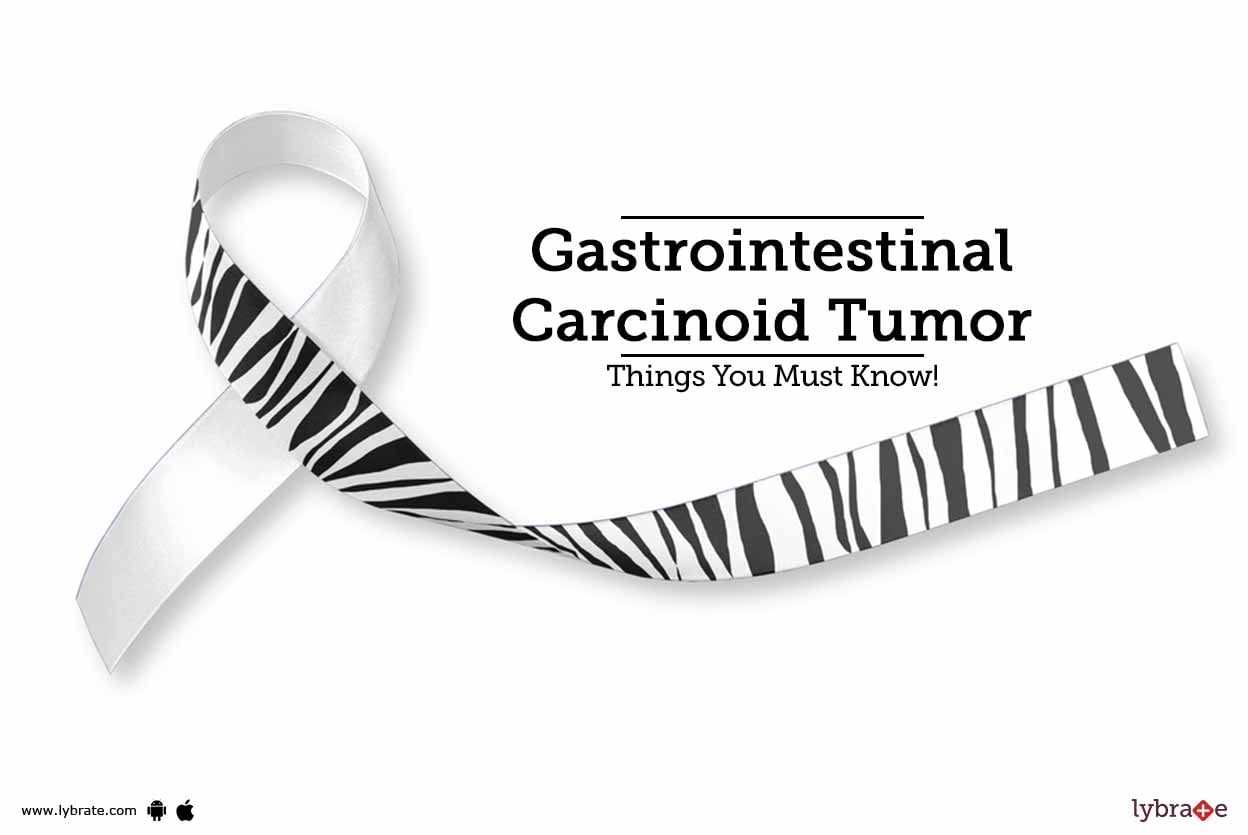Get the App
For Doctors
Login/Sign-up
About
Health Feed
AllQ&AsTips
Neoctide 100Mcg Injection Health Feed
Health Query
Share
Bookmark
Report
Hi Mr. lybrate-user,most of the chronic pancreatitis patients have stone in the pancreatic duct and also in the substance of pancreatic gland. The treatment of chronic pancreatitis depends upon the symptoms and associated complications. Most can be managed medically with pain killers, enzyme supplements etc. Octreotide has a very limited role in the management except when patients have a pancreatic fistula as a complication. Though it does not help in immediate resolution of fistula, it helps in...more
14 people found this helpful
Health Query
Share
Bookmark
Report
Health Query
Share
Bookmark
Report
An HYNIC_TOC scan octreotide scan or octreoscan is a type of scintigraphy used to find carcinoid, pancreatic neuroendocrine tumors, and to localize sarcoidosis. It is also called somatostatin receptor scintigraphy (SRS). Octreotide, a drug similar to somatostatin, is radiolabeled with indium-111,and is injected into a vein and travels through the bloodstream. The radioactive octreotide attaches to tumor cells that have receptors for somatostatin. A gamma camera detects the radioactive octreotid...more
811 people found this helpful
Asked for Female, 29 years old from Bangalore
Share
Bookmark
Report
Octreotide is used to treat severe watery diarrhea and sudden reddening of the face and neck caused by certain types of tumors (e.g., carcinoid tumors, vasoactive intestinal peptide tumors) that are found usually in the intestines and pancreas. The symptoms occur when these tumors make too much of certain natural substances (hormones). This medication works by blocking the production of these hormones. By decreasing watery diarrhea, octreotide helps to reduce the loss of body fluids and minerals...more
Health Query
Share
Bookmark
Report
Management
Most pseudo cysts resolve without interference and only require supportive care. For some, drainage is indicated. Indications for drainage include the following:
Complications
Symptoms
Concern about possible malignancy
Drainage options are as follows:
Percutaneous catheter drainage ?
The procedure of choice for infected pseudo cysts; although recurrence and failure rates are high,
Endoscopic drainage, either trans papillary (via ERCP) or trans ...more
Most pseudo cysts resolve without interference and only require supportive care. For some, drainage is indicated. Indications for drainage include the following:
Complications
Symptoms
Concern about possible malignancy
Drainage options are as follows:
Percutaneous catheter drainage ?
The procedure of choice for infected pseudo cysts; although recurrence and failure rates are high,
Endoscopic drainage, either trans papillary (via ERCP) or trans ...more
295 people found this helpful
Last Updated: 6 years ago• Featured Tip
Share
Bookmark
Report
Gastroenterologist•Surat
A Gastrointestinal carcinoid tumor is a condition characterized by the formation of malignant tumor in the gastrointestinal tract. It may also affect the esophagus, gallbladder, liver, pancreas, stomach, small intestine, large intestine, rectum, and anus (the accessory organs).
In Gastrointestinal carcinoid, the tumor is commonly the neuroendocrine tumor (the abnormal growth of cells and tissues originate from the nervous and the endocrine system).
Causes of Gastrointestinal ca...more
In Gastrointestinal carcinoid, the tumor is commonly the neuroendocrine tumor (the abnormal growth of cells and tissues originate from the nervous and the endocrine system).
Causes of Gastrointestinal ca...more
Last Updated: 7 years ago• Featured Tip
Share
Bookmark
Report
A Gastrointestinal carcinoid tumor is a condition characterized by the formation of malignant tumor in the gastrointestinal tract. It may also affect the esophagus, gallbladder, liver, pancreas, stomach, small intestine, large intestine, rectum, and anus (the accessory organs).
In Gastrointestinal carcinoid, the tumor is commonly the neuroendocrine tumor (the abnormal growth of cells and tissues originate from the nervous and the endocrine system).
Causes of Gastrointestinal ca...more
In Gastrointestinal carcinoid, the tumor is commonly the neuroendocrine tumor (the abnormal growth of cells and tissues originate from the nervous and the endocrine system).
Causes of Gastrointestinal ca...more
Ask a free question
Get FREE multiple opinions from Doctors
posted anonymously












